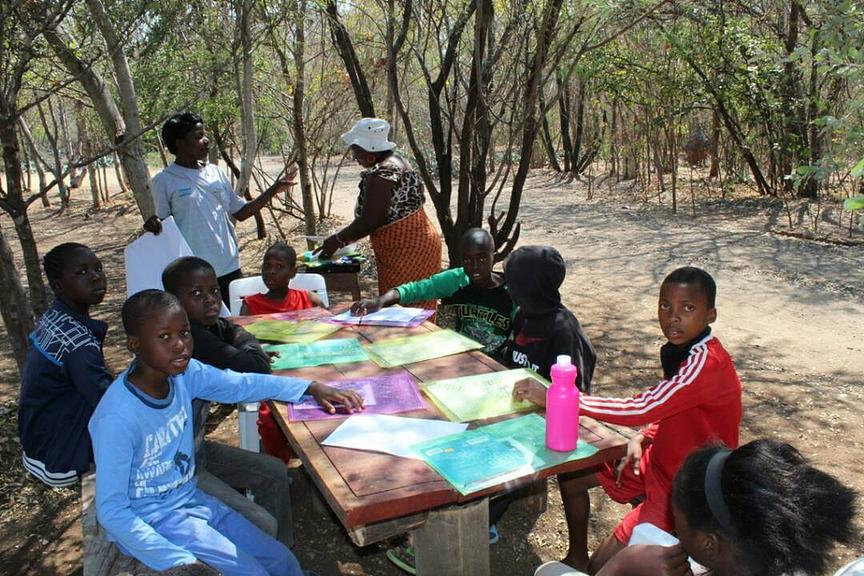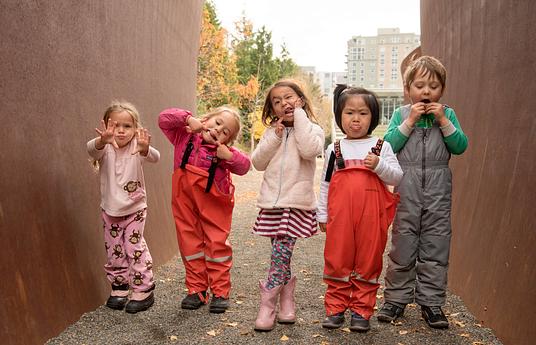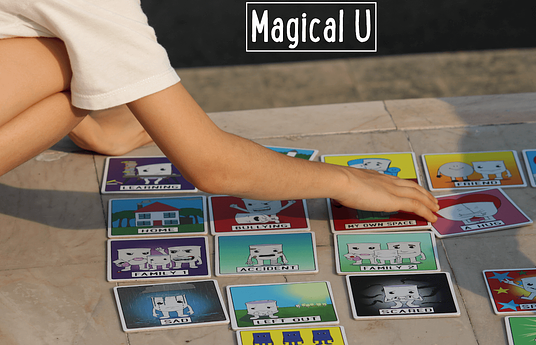The following are the current challenges in the education sector (focusing on literacy education) in the three countries: (a) High illiteracy rates in schools and targeted communities (b) Low value for education for education among key stakeholders (parents, stakeholders) (c) Poor Learners academic performance (d) Narrow interventions /solutions which are not holistic.
The intervention is holistic in all areas of literacy and targets all key stakeholders (parents, learners, duty bearers). It uses literacy as a tool for self-empowerment guided by 7 strengths curriculum- Belonging, Curiosity, Kindness, Friendship, Confidence, Courage, and Hope - weekly sessions held for joyful learning, creative play and social interaction. LitClubs serves primary school girls and also mothers of all ages. This is "Literacy for Academic Achievement & Community Development"
Primary school girls and boys from grades 4 and 5 (who are between the ages 11 – 14 years) to grade 7 and also mothers of all ages.
The targeted pupils shall attend weekly literacy sessions which will take them through step by step interactive lessons and community building activities that are highly participatory. The sessions are conducted in both English and the local language. The members will know the value of reading, writing, speaking, listening, and viewing as powerful tools in literacy as they engage in their daily activities. The Literacy Clubs Curriculum are developed around the following seven strengths: • Belonging: Identifying as a needed, loved, and respected member of one’s family, community, and world as a whole • Curiosity: Fostering a willingness to explore new territory and test new theories • Friendship: Having close, trusting relationships with others • Kindness: Being tender towards others in the world who are in need, both near and far Confidence: Thinking independently and expressing ideas with assurance Courage: The strength to do something that you know is right, even though it may be difficult • Hope: Thinking optimistically and believing that today’s efforts will produce good things in the future for yourself and for the world.
The revolutionary Literacy Clubs and Literacy Camps cultivate social-emotional development by building resilience and literacy skills together. Guided by “7 Strengths” – Belonging, Curiosity, Friendship, Kindness, Confidence, Courage and Hope – trained mentors create safe and supportive communities where children learn to value their own and other stories, become powerful readers, and use literacy as a guide as they learn to navigate their lives and tell their own stories. The outcomes include an increase of confidence, empathy, academic achievement, and overall love of learning in the student and the parents, increased communication and engagement in education of your children. Involves all forms of communication as part of literacy. Unlike other literacy interventions, this is "Literacy for Academic Achievement and Community Development"



